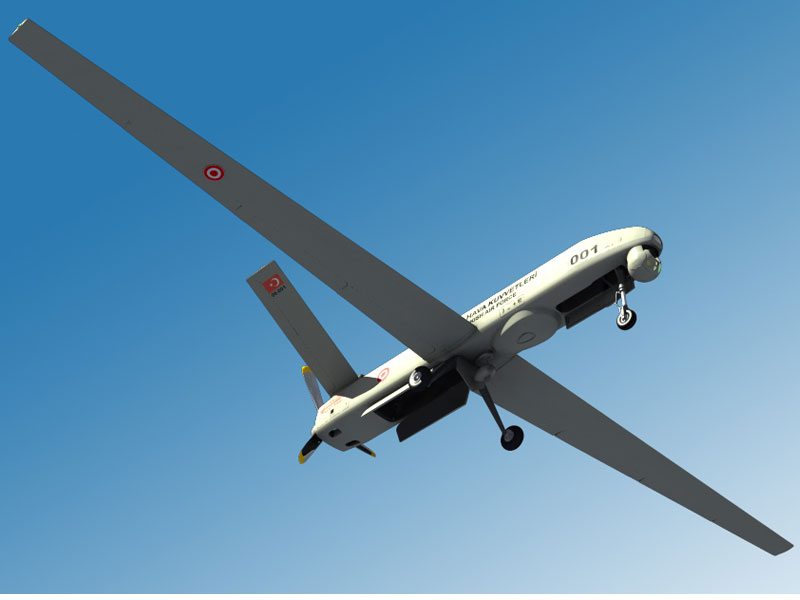The Pentagon is bracing for deep spending cuts that will affect every facet of the US military if lawmakers fail to agree a deal to avert dramatic budget reductions, officials said Monday.
The Defense Department will be forced to scale back training for troops, reduce spending for spy agencies, cancel purchases of some weapons and issue furlough notices to hundreds of thousands of civilian workers, they said.
The defense cuts amount to at least $52.3 billion for 2013 — or about 10 percent across all the armed services — under mandatory federal spending reductions, which were designed to be so drastic that Congress would reach a compromise to avoid heading over the “fiscal cliff.”
But any prospect of a grand bargain among political leaders that would address both tax increases and spending cuts had dissolved by New Year’s Eve, with the White House hoping for a more modest deal to avert tax hikes.
It was not clear whether a possible last-minute deal would halt the massive across-the-board automatic spending cuts, postpone them to a later date or whether lawmakers could reinstate trimmed spending retroactively.
Defense Secretary Leon Panetta has described the cutbacks under the so-called sequestration mechanism as a “meat ax” approach that will result in a “hollow” force. His deputy, Ash Carter, told lawmakers in August that the reductions would introduce “senseless chaos” into military programs.
Republican Senator Lindsey Graham, speaking on Sunday, said he was told by Panetta that the Pentagon would have to send out 800,000 layoff notices to its civilian workforce in the new year.
Defense officials could not confirm the precise number of furlough notices due to be issued this month but some analysts expect the Pentagon to slash its civilian employees by as much as 13.7 percent for the final nine months of 2013.
Panetta is “worried to death that if we don’t fix sequestration, we are going to destroy the finest military in the world at a time we need it the most,” Graham said on the “Fox News on Sunday” television show.
Under the forced cuts, the Pentagon will have limited flexibility in carrying out the funding reductions, which could disrupt a range of projects and activities, from shipbuilding to maintenance to medical services for retired soldiers, officials said.
The US Army and Marines will have less money for training troops, with some units deploying to Afghanistan or elsewhere possibly having to skip some training sessions, according to Carter.
“Under some circumstances, this reduced training could impact their ability to respond to a new contingency, should one occur,” Carter told the House Armed Services Committee on August 1.
Under the reductions, the Air Force would have to reduce flying hours for pilots by several hours a month and the Navy would reduce days at sea for its ships, he said.
The Pentagon probably would have to buy fewer F-35 fighter jets, Stryker armored vehicles and other hardware, while delaying the construction of new warships and other facilities.
President Barack Obama has indicated he would take action to spare military personnel from any funding cuts, which would shield troops from wage reductions or forced retirements.
But the policy would put greater pressure to find savings elsewhere in the Pentagon’s vast budget of more than $600 billion, with civilian workers absorbing some of the initial funding cuts.
Some skeptics say the Pentagon and the defense industry have overstated the impact of the mandatory budget cuts, and that America’s massive military spending needs to be reined in.
The impact on weapons manufacturers that supply the US military could be more gradual, officials and analysts said.
Defense firms will be able to keep working on contracts that have been issued because the automatic cuts do not affect funding that has already been authorized.











